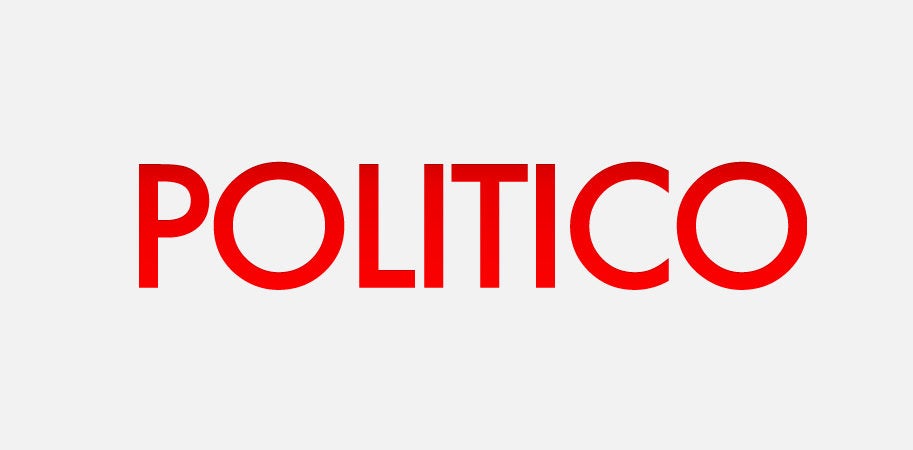Trade ministers from G-20 governments pledged to increase the flow of vital medical products amid the coronavirus pandemic, but a virtual meeting among the officials on Monday stopped short of denouncing export restrictions.
Top trade officials said in a joint statement that they “will take immediate necessary measures to facilitate trade in those essential goods.” They also promised, similar to a G-20 leaders’ statement last week, that any emergency measures to restrict trade in medical goods “must be targeted, proportionate, transparent, and temporary.”
The trade ministers included additional language, promising any emergency measures would “not create unnecessary barriers to trade or disruption to global supply chains, and are consistent with WTO rules.”
Staying flexible: World Trade Organization rules generally prohibit export restrictions but allow them in times of crisis. Exceptions can be made if the measures are “necessary to protect human, animal or plant life or health” or “essential to the acquisition or distribution of products in general or local short supply,” according to a recent Congressional Research Service report.
Food shortages likely: As hospitals and health care systems scrounge for medical supplies, there is growing concern that food supply chains could also start to see an impact. The U.N. Committee on World Food Security sounded a warning that “disruptions at borders and in supply chains may cause an echo in the food system with potentially disastrous effects.”
The G-20 trade ministers said they are concerned about how the coronavirus will affect “vulnerable developing and least developed countries, and notably in Africa and small island states.”
The U.S. position: Lighthizer, in remarks to the group, emphasized what he saw as one big lesson from the crisis: “Unfortunately, like others, we are learning in this crisis that over-dependence on other countries as a source of cheap medical products and supplies has created a strategic vulnerability to our economy.”
But the United States also recognizes “not every country has the ability to boost domestic sources of supply,” Lighthizer added. “In short, on trade, we believe actions taken should be temporary, transparent, and appropriate.
We should do as little as possible to disrupt supply chains and be cognizant of the effects on our neighbors, as I said, particularly those least able to take care of themselves.” The U.S. has faced criticism for staying silent as a growing number of countries imposed export restrictions on medical goods.
The view from EU and Japan: European Trade Commissioner Phil Hogan defended EU measures to restrict exports of certain medical equipment.
“We took these steps to protect the health of our citizens at a time when Europe was at the epicentre of the pandemic. Our export authorisation measure is a monitoring tool for the trade of medical products at a vital point in time — nothing more, nothing less,” he said in a statement. “It was the right thing to do and we are confident it will achieve the desired result in due course.”
Japan’s deputy foreign minister, Kenji Wakamiya, said any trade measures to protect public health should be transparent and temporary. He also stressed the importance of revitalizing the multilateral trading system, beyond its state prior to the pandemic, by advancing negotiations on e-commerce, according to an unofficial translation of a government statement on the meeting.
To see the full article, click here.

